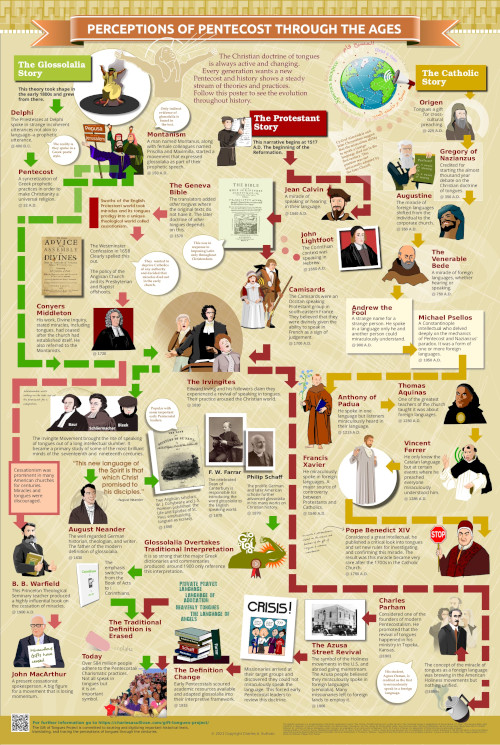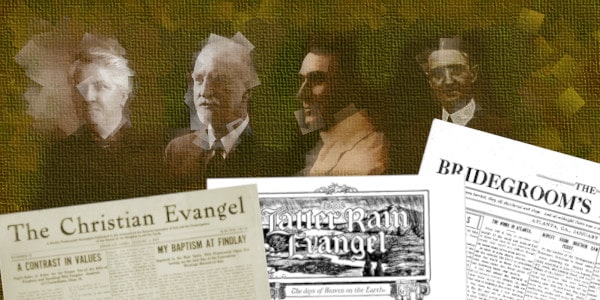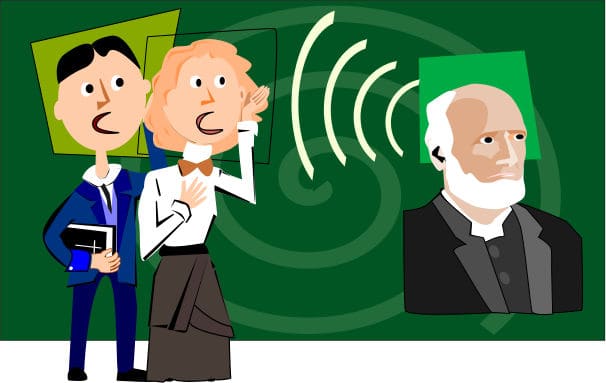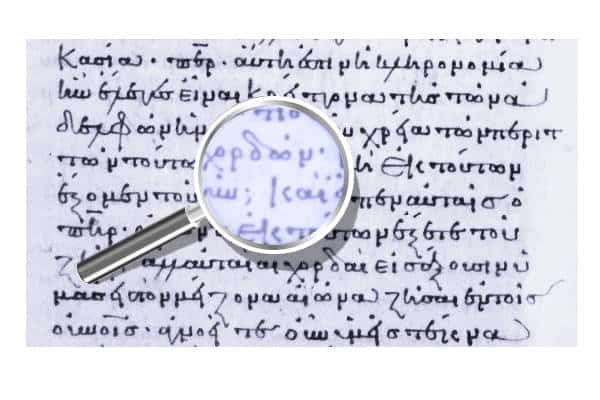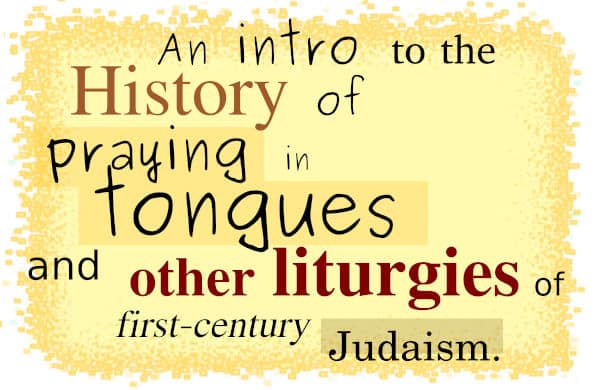Video samples of the sights and sounds of glossolalia/speaking in tongues around the world. Prepared for those curious about the phenomenon and want to know more about it.
An Academic Conversation on Glossolalia
Ever wanted to know the history behind the doctrine of glossolalia? Dr. Philip Blosser, Professor of Philosophy at Sacred Heart Major Seminary, Detroit, and Charles Sullivan discuss this topic via YouTube. The discussion answers the who, where, and when the doctrine of glossolalia first entered the religious world. This video will help you in your …


